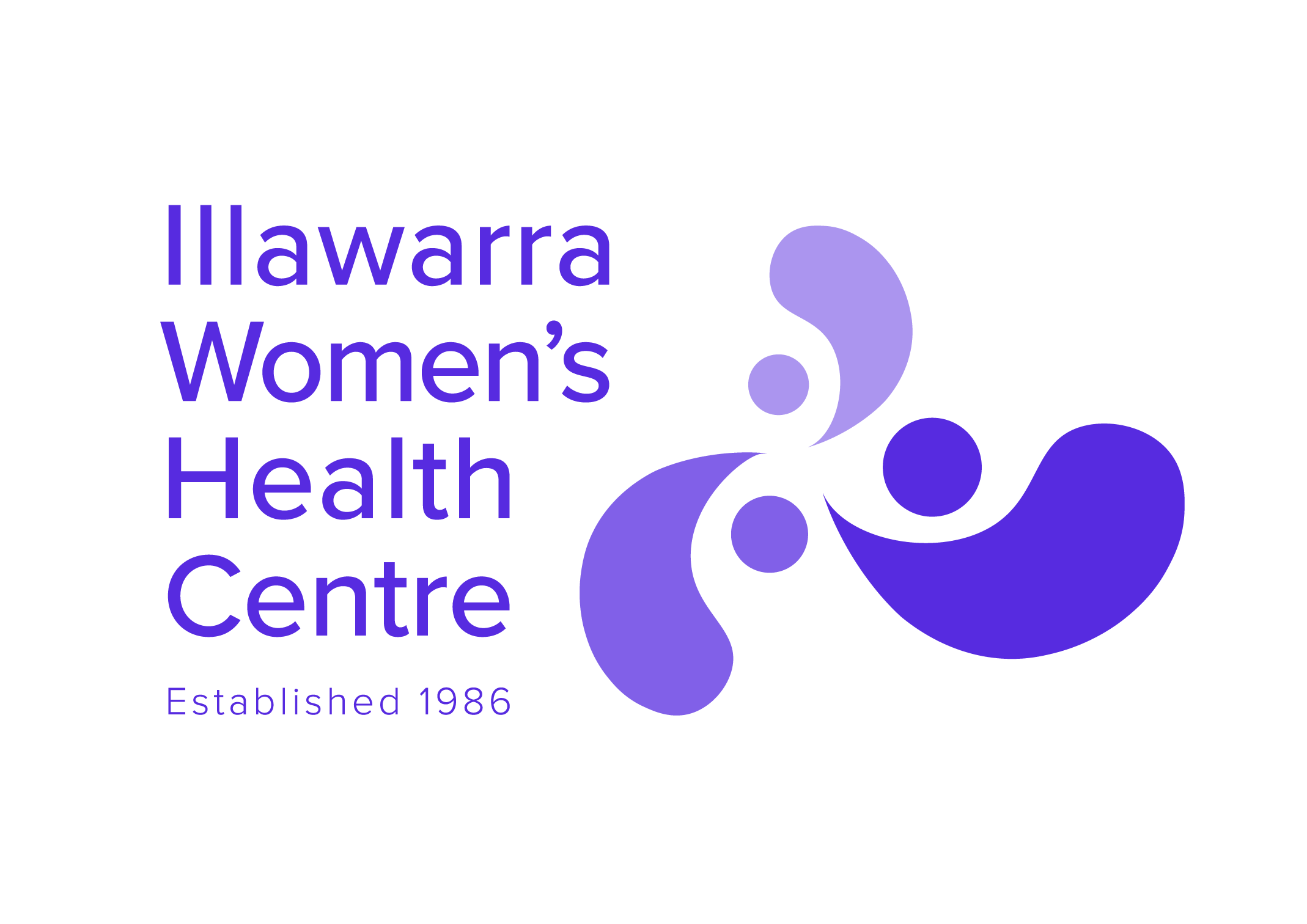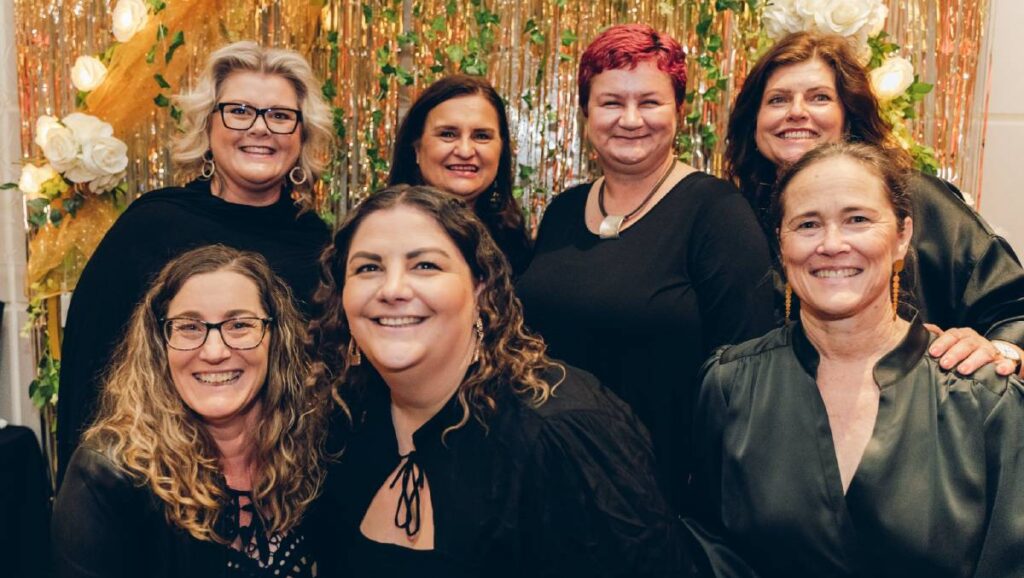Illawarra Mercury – Judy Daunt
We also support feminist health initiatives, organisations or services that respond to unmet needs, gaps, challenges or prejudices in systems and sectors that negatively impact women’s and girls’ health.
With over 3000 women a year attending the Centre, we are a vital and dynamic component of the primary health care system in the Illawarra.
We launched our 2023-27 strategic plan at the end of last year. It outlines our ambitious agenda for the next five years, including doubling our services by opening a second site in northern Illawarra, and to expanding our advocacy as we fight for equitable, timely and safe and affordable access to health services.
Central to our work is our commitment to listen, hear and stand with women.
We draw strength and purpose from our feminist foundations and each day we work through a feminist lens that is reflective, flexible and forward thinking. This means we understand, and value, women’s lived experience and expertise and we recognise the continued discrimination and structural inequality women face in our community and wider Australian society. It also means we recognise the ongoing need for a gendered analysis and approach to health, continuing empowerment of women and girls, and strong advocacy for gender equity and women’s rights.
We embrace a social view of health, as framed by the World Health Organisation, which recognises health status is shaped by the conditions in which people are born, grow, live, work and age.
For example, factors such as financial security, affordable housing, education, employment, disability, racism, locational disadvantage, gender inequity and discrimination based on sexual identity and preferences cause health inequalities, which impact directly on women’s health outcomes.
Over the past few years there have been negative, seismic and destabilising changes in our world – both locally and globally – all of which have a disproportional impact on women and girls. The impact of the COVID-19 pandemic on sexual, domestic and family violence rates, as well as mental illness rates will be very high for many years to come, with the full effect of Long COVID still yet to be seen and understood. The housing crisis, with women over 55 the fastest growing group of homeless people, has no foreseeable end unless radical, just, and resourcing changes are made urgently.
The increasing cost of living, the soaring price of energy, and the potential global recession all impact those in the most vulnerable and marginalised circumstances. Finally, the impact of climate change currently and in the future including natural disasters, global migration and distress will inevitably result in loss, grief and trauma that will reverberate through the generations. It is critical that we continue working to understand how these overarching political, economic, cultural, and climate change forces will affect women’s daily lives, their health and access to health services in the Illawarra – and that we continue our fight for health, education, racial and climate equity, and safety and justice.
With these pressures, and a strong and positive reputation in the community, the demand on our Centre has dramatically increased in the last few years. Consequently, we are planning for growth in services, in order to meet the ever-increasing needs of women and girls in the Illawarra. Noting the forthcoming establishment of the Women’s Trauma Recovery Centre, our primary focus in the next five years will be on: sexual and reproductive health, mental and emotional health and wellbeing, and social and community connection.
So …. here’s a heads-up! You are going to keep hearing from us at the Illawarra Women’s Health Centre. We will continue to raise our voices advocating for women-led social change. We will continue to fight for accessible non-judgemental abortion services. We will continue to fight for urgent family and criminal law reform and improved legal support services for victims of domestic and family violence, put the focus on perpetrators and prevent devastated mothers and children being sent back into high risk domestic, family and sexual violence situations, as we have witnessed over decades.
We will fight for single mothers whose health and wellbeing are impacted twice as much by their parenting responsibilities and the social, legal and economic injustices they experience. We will fight the abusive and degrading public representation of women, especially in the media and through pornography and we will expand our support for women with lived experience of violence, abuse and our prejudicial health system.
We promise to do our best and we will celebrate our wins, because – let me say this – we do intend to win.
Because we know that when all women contribute, have choices and make decisions regarding their own lives, their families, in workplaces and the wider community, we all win.
Judy Daunt is vice-chairwoman of Illawarra Women’s Health Centre

